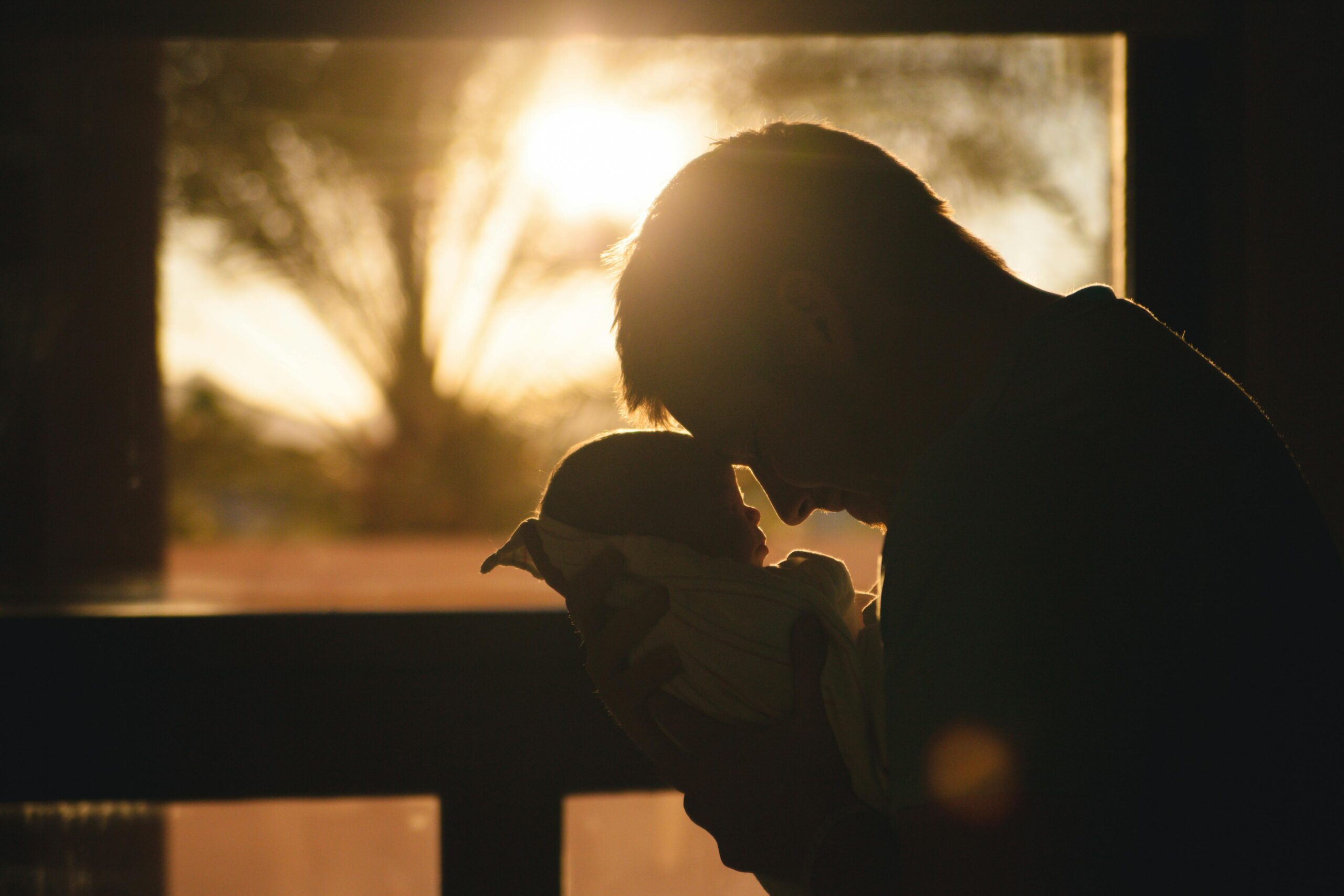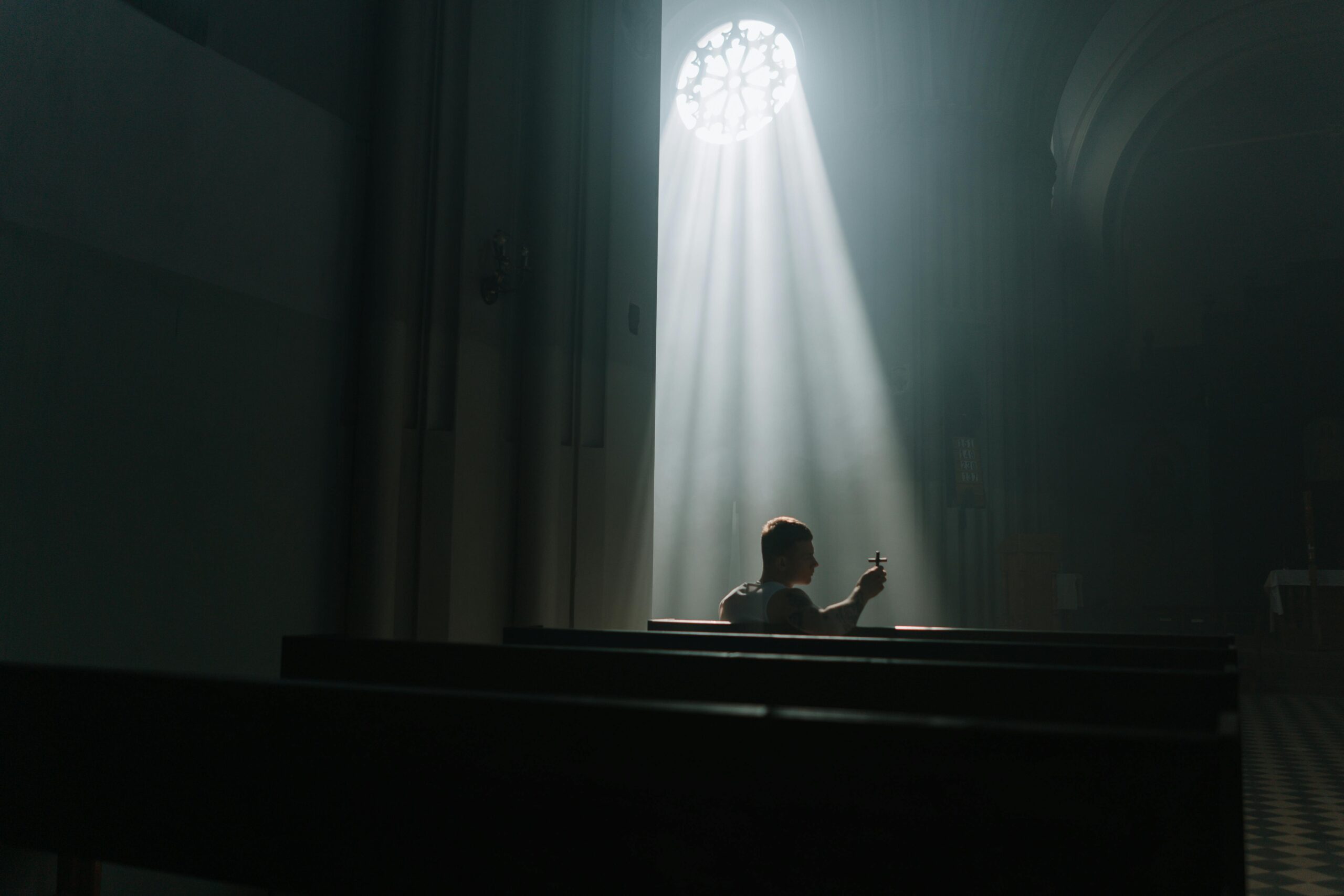By Anthony R., 39, Cincinnati, Ohio
A touching narrative of gambling recovery for parents
I used to tell myself I was a good dad.
I showed up for birthday parties, brought home Happy Meals, tucked them in at night. But what I wasn’t showing up for—what I was too ashamed to admit—was me.
Because when I was deep in my gambling addiction, I was there… but I wasn’t really there.
I’d be at the dinner table with my kids, nodding along to their stories, pretending to laugh—while my mind was calculating odds, chasing losses, and planning my next bet.
The truth hit me on a Tuesday night. My daughter, 7 years old at the time, looked up from her homework and asked: “Dad, are you mad at me? You always look somewhere else.”
That question broke me.
Please know that some links on High Stakes Healing are affiliate links. This means we may earn a commission if you make a purchase, at no added cost to you. These small contributions allow us to provide articles, tools, and support to those in recovery, while recommending only the resources we genuinely value.
Addiction Doesn’t Just Steal Money—It Steals Moments
I never gambled in front of my kids. I never screamed or slammed doors. But I wasn’t emotionally present. And kids feel that.
I’d go days without really making eye contact with them. I’d forget what they told me about school. I wasn’t patient—I was irritable, withdrawn, and constantly distracted.
I was spending money meant for soccer uniforms and groceries on online slots. And worse—I was spending my time on shame, lies, and avoidance.
That night, after my daughter’s question, I stayed up while the house was asleep. I stared at the ceiling and thought: “I’m becoming the kind of dad I swore I’d never be.”
The Decision to Get Help—And What I Feared Most
I didn’t want my kids to grow up remembering me as a ghost in their childhood. So I started recovery.
But to be honest? I was more terrified of how it would affect them than anything else.
Would they think I was broken? Would they lose trust in me forever? How do you parent when you’re still trying to forgive yourself?
Here’s what I learned: You can heal and parent at the same time. But it takes honesty, structure, and showing up in small ways—again and again.
Your Next Phase of Recovery Starts Here
Join the Life Process Program® — an online tool for those who want more than just “quit gambling” but want to rebuild purpose, habits, and freedom.
Use the code HIGHSTAKES at sign-up to enjoy 15% off your monthly subscription.
What “Present” Looked Like in Gambling Recovery for Parents
Here’s what I changed—not perfectly, but consistently:
- I told them the truth, in age-appropriate ways.
I said, “Dad has been having a hard time with something, and I’m getting help so I can be a better dad to you.” I didn’t lie. I didn’t go too deep. But I was real. - I built routines we could all count on.
Morning pancakes on Saturdays. Screen-free story time at night. Weekly park visits, even if I was tired. These routines anchored them—and me. - I created tech-free zones.
No phone at the table. No phone during bedtime. No checking scores or apps while I was with them. Being physically and mentally with them made all the difference. - I let them see me take care of myself.
Therapy appointments. Journaling. Meditating. I explained it to them: “Dad’s doing this to stay strong and healthy.” That taught them that it’s okay to ask for help. - I gave myself grace.
Some days I still felt like I wasn’t enough. But I showed up anyway. And over time, I realized… presence doesn’t mean perfection. It just means choosing to be there.
The Moments I Almost Missed While Gambling Recovery as a Parent
Today, I’m over two years into recovery.
My son asked me last month if I could help him build a science project. My daughter—now 9—asked me to teach her how to make French toast.
Simple stuff. Ordinary stuff. But these are the things addiction almost stole from me.
Now, I don’t check out. I check in—with them, with myself, with my healing.
And you know what they remember most?
That I’m here. Really here.
Need daily accountability in your recovery journey?
GoalsWon Accountability Coaching pairs you with a real human coach who helps you stay focused, consistent, and committed to your healing goals — day after day.
To Other Parents in Gambling Recovery…
You’re not a bad parent because you’re struggling. You’re not too late. You haven’t ruined everything.
You are allowed to be healing and parenting at the same time.
And your kids? They don’t need perfect. They need present.
Start small. Be honest. Show up. Even if you’re still hurting, even if you’re still healing—show up.
Because one day, your child will say:
“Thanks for staying.”
And you’ll know that showing up was enough.
This is how to rebuild trust after gambling addiction looks like—not grand gestures, but steady presence.
This is how recovery brought family healing after gambling addiction feels like—not perfection, but connection.
Have a Story to Share?
Tell us your truth. Your voice matters—and someone else needs to hear it. Your story might be a guide to families for gambling recovery.
Browse our full list of recovery articles for conversation guides, support tools, and more stories like Anthony’s about gambling recovery.





